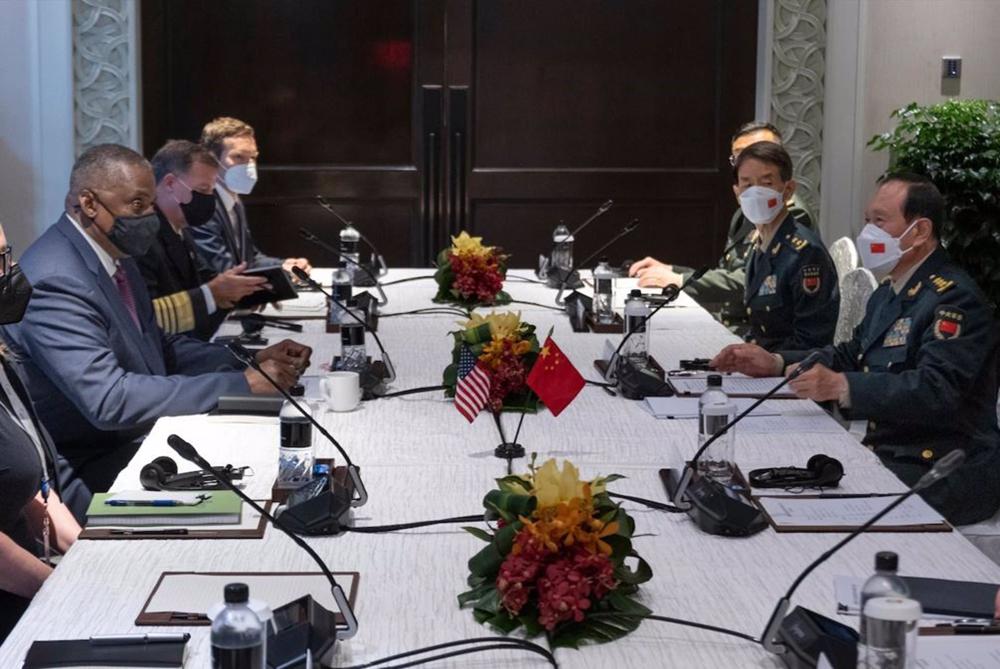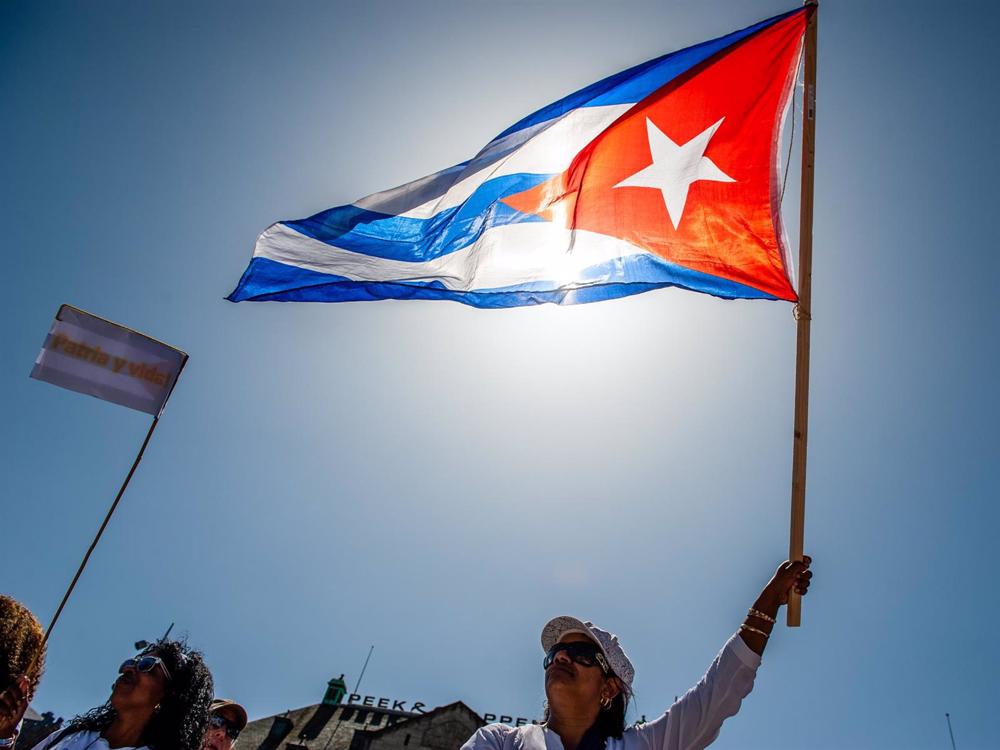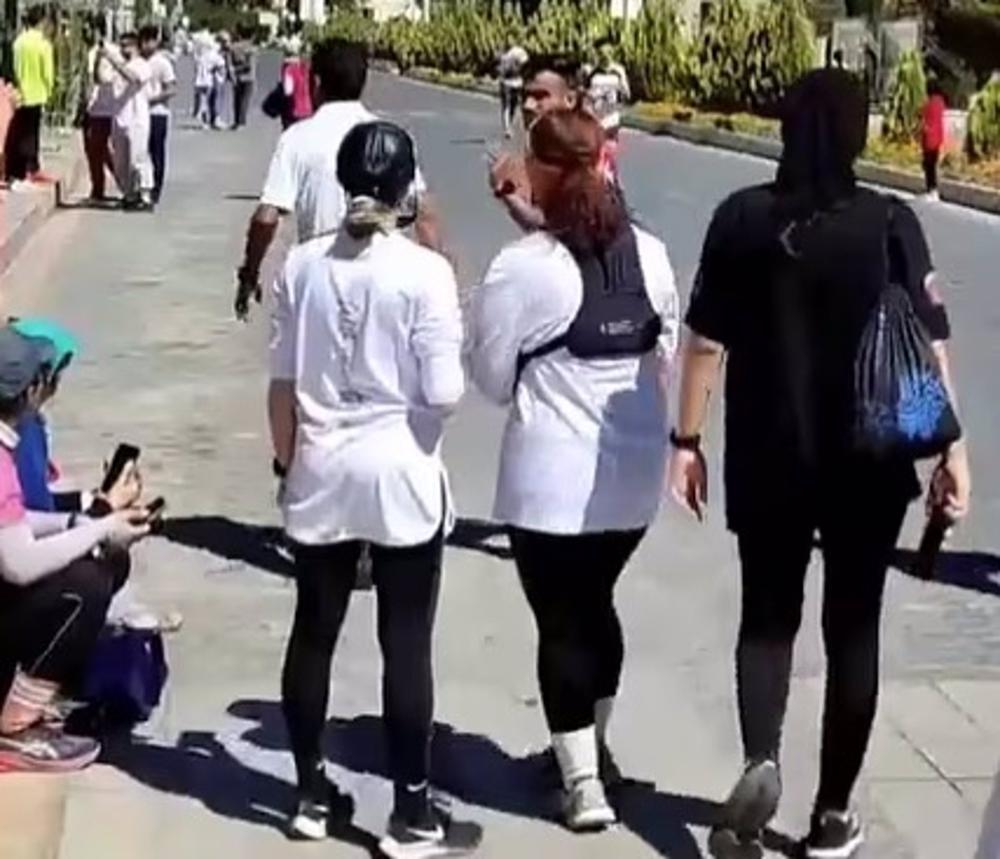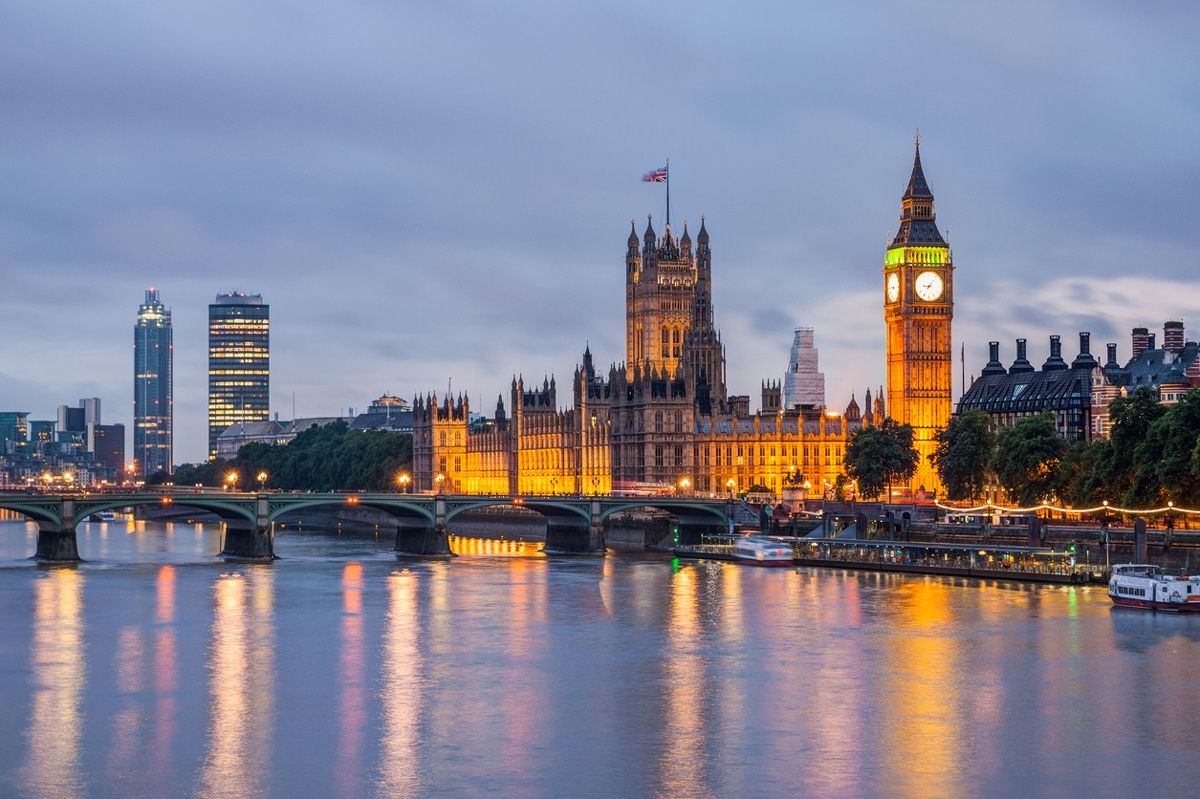
The U.S. Department of Defense on Tuesday called China’s new strategy toward Taiwan «a trend» due to rising tensions in the region following House Speaker Nancy Pelosi’s visit.
A senior Pentagon official made the remarks after revealing the Department’s latest assessment of the Asian giant’s military power.
The document indicates that China is «the most important and systemic challenge» to U.S. national security, as well as «to a free and open international system,» the Department, headed by Lloyd Austin, said in a press release.
In this sense, the U.S. office has pointed out that there is a trend of a more coercive military behavior on the part of China.
«We have seen more coercive and aggressive actions in the Indo-Pacific region, including some of which we would highlight as dangerous,» it said.
In addition, the report details China’s «intensified» diplomatic, economic, political and military pressure against Taiwan, noting efforts by Chinese authorities to «misrepresent broad international support for China’s claims to Taiwan and attempts to legitimize China’s coercive actions» against the island.
For China, the Pentagon official explains, an important element of both internal and external strategy is the expansion of its national power to transform aspects of the international system to make it more favorable to China’s political system and its national interests.
For this reason, he noted that it is important to understand the current activities and modernization capabilities of the Chinese military in order to assess its objectives.
At the same time, he assured that China has more than 400 operational nuclear warheads in its arsenal, a figure that could increase to 1,500 warheads by 2035 if the military modernization effort continues.
The Defense Department official said that the ministerial chief had mentioned the increased tension on the part of the Chinese Armed Forces in a meeting with his Chinese counterpart on the sidelines of the Association of Southeast Asian Nations defense ministers’ meeting in Cambodia last week.
Austin then pressed Wei to avoid «destabilizing actions» toward Taiwan, in what was the first bilateral meeting since Pelosi’s August visit to the island.
Austin stressed the importance of strategic risk reduction or improved crisis communications. However, he reaffirmed the country’s policy, assuring that the US «will continue to fly, sail and operate where international law permits.»






